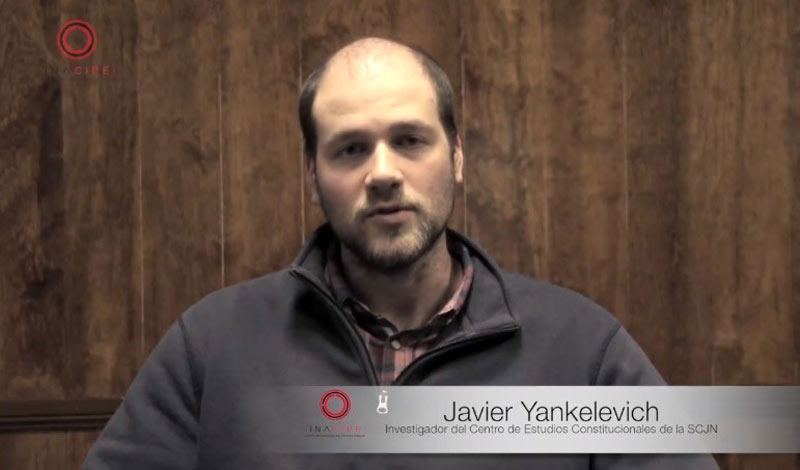The newspaper points out that this program is developed by the National Search Commission (CNB) to identify patterns and clues that help locate missing persons in the so-called dirty war in the second half of the last century.
He adds this system already stores thousands of documents from that period and, although information continues to be fed and progress is being made in processing it, it has made its first contributions in the work of the Commission for Access to the Truth, the Historical Clarification and Promoting Justice for serious human rights violations committed between 1965 and 1990.
Specifically, in the inspections that were carried out in September 2022 in the Military Camp number 1, “an emblematic place of the forced disappearance of that time.”
La Jornada interviewed the specialist Javier Yankelevich, director of Search Operations of the CNB, who heads the multidisciplinary team that develops the program, which includes computer scientists and biomedics.
Angelus, he said, arises from the amount of information available on this period, unmanageable without the help of a computer system, since there is documentation of the perpetrators, such as public servants of the extinct Federal Security Directorate and the Army, testimonies, academic studies, press of the time, among many others.
In addition, he added, it arose because there is a great relationship between the cases of the victims, to the extent they are the same profile, the same time period, the same perpetrators.
In 2020, he said, the first already programmed version of the Angelus system was made, by the beginning of 2021 it began to be used as an information organization tool and is currently used by more than 40 analysts.
The historian explained that the system has an interface to upload documents, another to process them and one more that allows consulting the database in which the information is organized as a network.
Regarding the future of the system, Víctor Mireles, head of programming, detailed that progress is being made so that this technology can perform what is called automatic tracking, that is, that it proposes relationships between the information that is currently not available.
He highlighted that previously there was no similar system in Mexico, and that countries like Chile have shown interest in it, in this case for the search for those who disappeared during the Augusto Pinochet dictatorship (from 1973 to 1990).
ef/lam/lama










